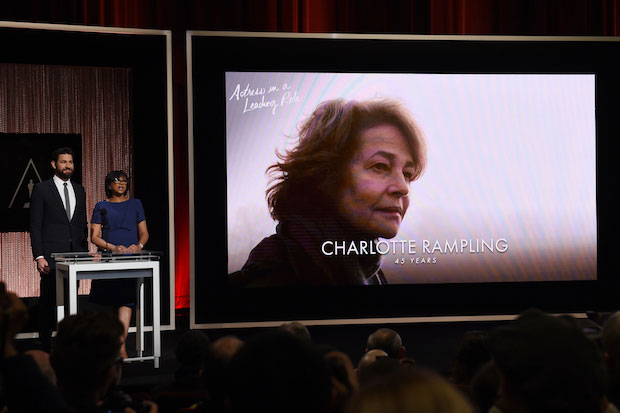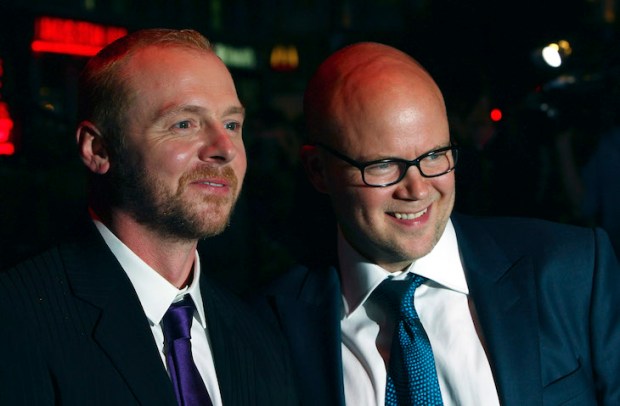A few years ago, I got the shock of my life when a girl I was sitting next to at a 21st birthday party asked me if I was a dad.
‘Are you asking if I have children?’ I said.
‘No, I’m asking if you’re the father of one of the guests.’
I almost fell off my chair. Until that moment, I had no idea that young people see me as middle-aged. I was 45 at the time so it shouldn’t have come as a shock, but I like to think I’ve inherited my father’s youthful appearance. Indeed, until that moment I was still pitching travel editors with the ‘amusing’ idea of going on an 18-30 holiday and trying to pass as 29.
I’m now approaching my 50th birthday and it won’t be long before I’ll be flattered if people still think of me as middle-aged. My nine-year-old daughter has already pointed out that life expectancy for British males is 78, which means I reached the mid-point when I was 39. At 49, I’m more than halfway through the third quartile.
The mid-century milestone is a tough one to ignore because you start getting invitations to your friends’ 50th birthday parties. These tend to be particularly depressing affairs, because it’s only those friends who are much more successful than you who bother to celebrate — and it’s less of a celebration and more like an opportunity to show off. I’m not just talking about country houses, circus tents and sit-down dinners for 300. It’s the bells and whistles that get you. Merchant bankers holding 50ths must keep the fireworks industry in business.
Catching up with your old friends is a bittersweet experience. On the one hand, you feel a spontaneous wellspring of affection when you set eyes on them and can usually take up where you left off, as though the intervening 25 years haven’t happened. They’ve often become a bit nicer, too, particularly if their lives haven’t turned out the way they hoped. At best, they’ve developed a rueful humanity informed by the ups and downs they’ve experienced.
But it can also be quite melancholic, because you realise you’ve got along perfectly well without them for a quarter of a century. In your twenties and thirties, you think your friends are all incredibly special and you can’t imagine going on life’s journey without them. You fondly believe that you’ll spend the rest of your lives together, in and out of each other’s houses, sharing your triumphs and disasters. It will be like A Dance to the Music of Time.
Then, as you get older, you inevitably drift apart. The turning point for me was having children. I used to have a social circle that stretched to the West Coast of the United States at one end of the globe and South Africa on the other. Now, it has shrunk to a handful of streets in Acton. The only people I see socially are those with children the same age as mine who live within a one-mile radius of my house.
The depressing thing is that these new friends are actually perfectly good substitutes for the old ones. I imagined that my closest friends were irreplaceable, but that turns out to be wrong. They’re not merely replaceable; they’re replaceable by the random collection of people who happen to live on your street.
I don’t know why this realisation makes me sad. Perhaps it’s because I invested so much in my friends in my younger days. In the absence of religion or a particularly close family, they became the most important thing in my life. Discovering that it’s perfectly possible to survive without them — and survive without any diminution of warmth and laughter — is a bit like losing my faith.
My experience of this may be more extreme than most, on account of having a large family and an extended family in the form of the children, parents and staff of the West London Free School. If I’m not with one family, I’m with the other, leaving almost no time for old friends. Perhaps I’ve trained myself to miss them less because my life would be too painful otherwise.
I was discussing this with one of my oldest friends, whom I spent last weekend with, having been to his 50th in June. He suggested the reason I don’t really care who I’m spending time with — my oldest friend or the man delivering the mail — is because all I want is an audience. ‘One pair of ears is as good as another,’ he quipped. I hope that’s not the explanation, but he may have a point.
Got something to add? Join the discussion and comment below.
Get 10 issues for just $10
Subscribe to The Spectator Australia today for the next 10 magazine issues, plus full online access, for just $10.
Toby Young is associate editor of The Spectator.
You might disagree with half of it, but you’ll enjoy reading all of it. Try your first month for free, then just $2 a week for the remainder of your first year.















Comments
Don't miss out
Join the conversation with other Spectator Australia readers. Subscribe to leave a comment.
SUBSCRIBEAlready a subscriber? Log in